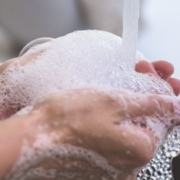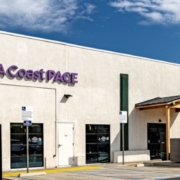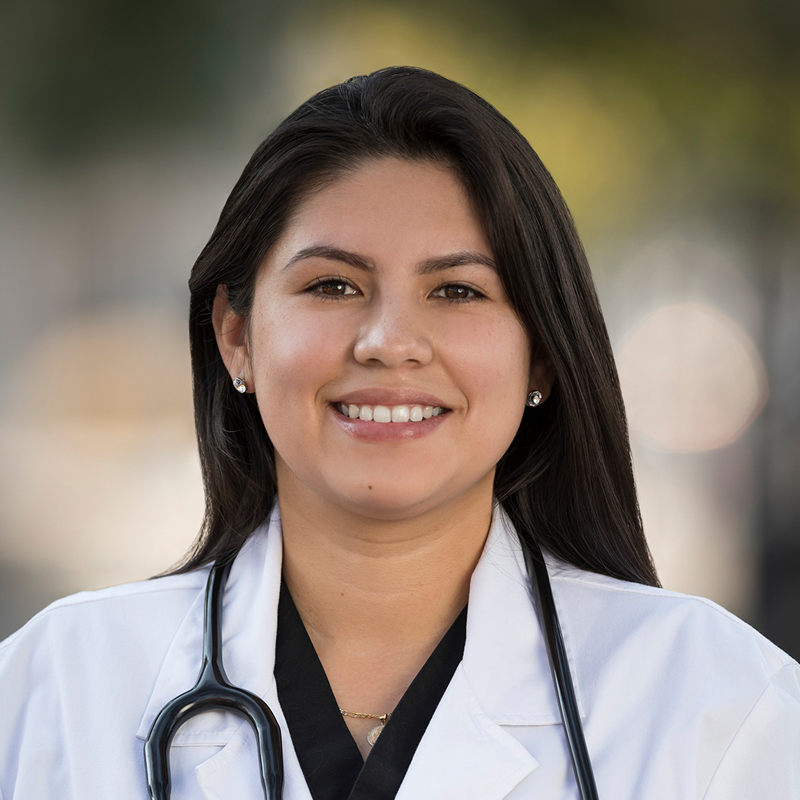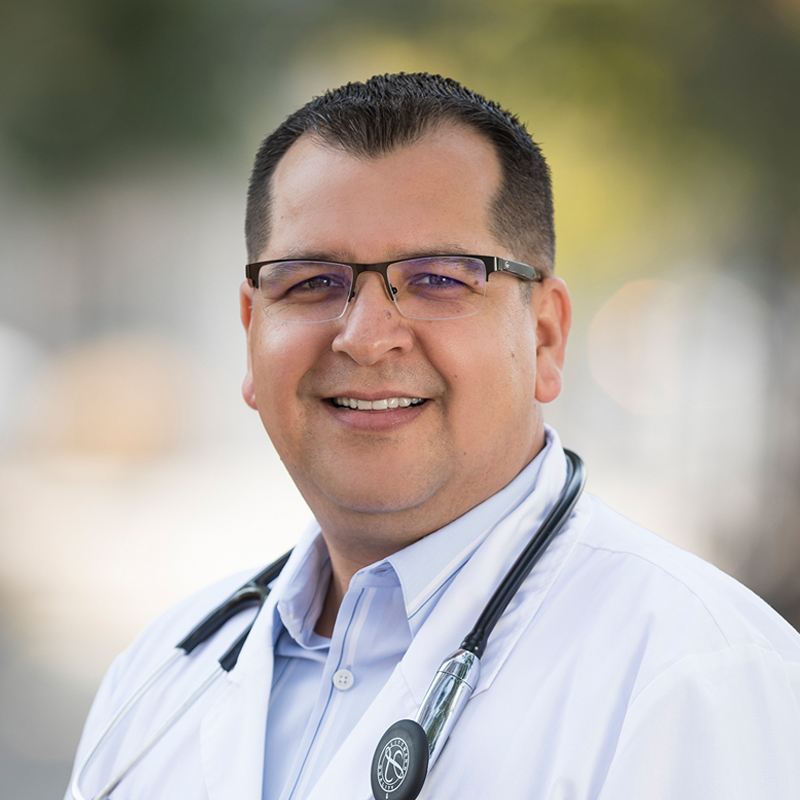TIME MAGAZINE: COVID-19 Exposed the Faults in America’s Elder Care System. This Is Our Best Shot to Fix Them
June 15, 2021 (Time Magazine) – When COVID-19 hit the United States, nursing homes in Washington State took the first hit, producing deadly outcomes for older adults. Conditions within long-term care facilities enabled a harrowing spread of any pandemic, let alone a novel coronavirus. Compounding on this, leaders within institutional care were slow to respond when it arrived.
The plight of residents in long-term care facilities across the United States is detailed in a report by Abigail Abrams from Time Magazine. It begins with individuals living at Life Care Center in Kirkland, Washington, in late February 2020 where COVID-19 killed dozens in just a few weeks.
The shocking death rate created a sense of panic and by early March the families of those living within Life Care Center held a press conference appealing to the public on behalf of their loved ones.
“Our families are dying. We don’t know what to do. Our calls for help aren’t working,” said Kevin Connolly, whose father-in-law lived in the facility. “We have limited resources to battle this disease, and I think somebody somewhere decided that this population of people wasn’t worth wasting resources on.”
Nursing homes vs infection
Many nursing home residents live in shared rooms and rely on staff who tend to numerous patients and who often work at various other facilities. The industry’s low pay and long hours make for high turnover. These characteristics can create a lack of consistency in controlling the spread of infection.
The nursing home industry is losing occupancy rates, workers, and money. The long-term care industry could lose an estimated $94 billion between 2020-2021 due to the costs involved in both fighting the pandemic and losing occupancy, according to The American Health Care Association and National Center for Assisted Living (AHCA/NCAL).
America is aging rapidly. According to the Census Bureau, around 10,000 Americans turn 65 every day. Most people want to age at home rather than in an institution. Still, people who qualify for Medicaid and Medicare have little to no choice in where they receive long-term care after reaching old age. Governments in many states mandate that they enter long-term care facilities even when home-based care services are available.
In many cases, when a person does not qualify for government-funded care or chooses to avoid mandated care in a nursing home, a family member must often forfeit a job to take on the responsibility of caregiving. And if no one in the older adult’s circle of support can provide that care, paid home based care is challenging to find due to worker shortages. Many workers are leaving the historically low-wage industry, according to the Bureau of Labor Statistics.
Policy helps pave the way to home and community-based care.
Policy momentum is growing toward home and community-based care for the elderly across the nation. One home-based care program available to Medicaid/Medicare recipients has a 45-year proven track record of success and operates in more than 31 states. PACE (Programs of All-Inclusive Care for the Elderly) saves the government money while offering a high-touch, team-based approach to eldercare for people 55 years or older who qualify for nursing home level care. It receives a payment per participant to provide medical care and dental care, day center programs, meals, home health aides, and many other services to keep seniors safe and living in their own homes and communities. PACE aims to keep this elderly population out of hospitals and nursing homes while incentivizing a flexible, creative, team-based approach to care. On average, states pay PACE programs 13% less than the cost of other Medicaid services.
“The nature of payment provides significant flexibility, as well as really strong incentives for PACE organizations to really proactively monitor and get out in front and address existing and emerging health needs,” says Shawn Bloom, president, and CEO of the National PACE Association.
Data collected during the pandemic show that seniors enrolled in PACE contracted COVD-19 at just one-third the rate of those in nursing homes, according to the National PACE Association.
The push for greater government funding for programs like PACE is growing. President Biden’s proposal to spend $400 billion on home care over the next 4 years could pave the way toward boosting access to more Americans. And proposed legislation in California, Assembly BILL (AB) 540, would allow eligible seniors to be automatically informed about PACE right along with other Medicaid and Medicare options.
Click on the logo to go to the full story.

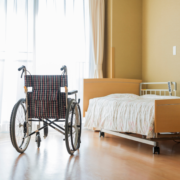


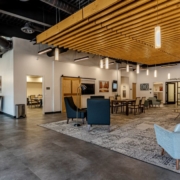
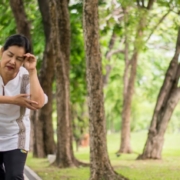


 Cheryl Coleman works for
Cheryl Coleman works for 
 D’juana Hale always wanted to be a doctor growing up, saying that her pediatrician was her inspiration. Today, she is in the medical field working as an LVN/Nightly Navigator for our
D’juana Hale always wanted to be a doctor growing up, saying that her pediatrician was her inspiration. Today, she is in the medical field working as an LVN/Nightly Navigator for our 